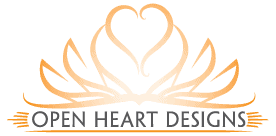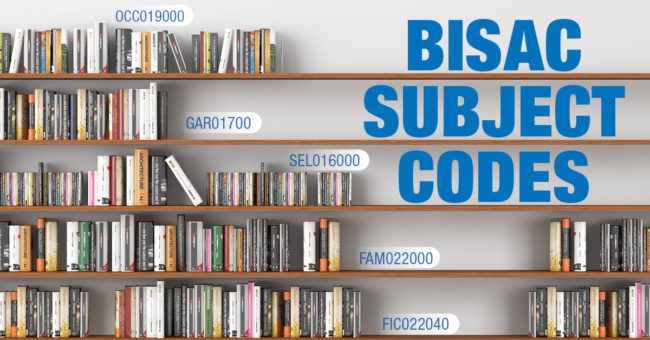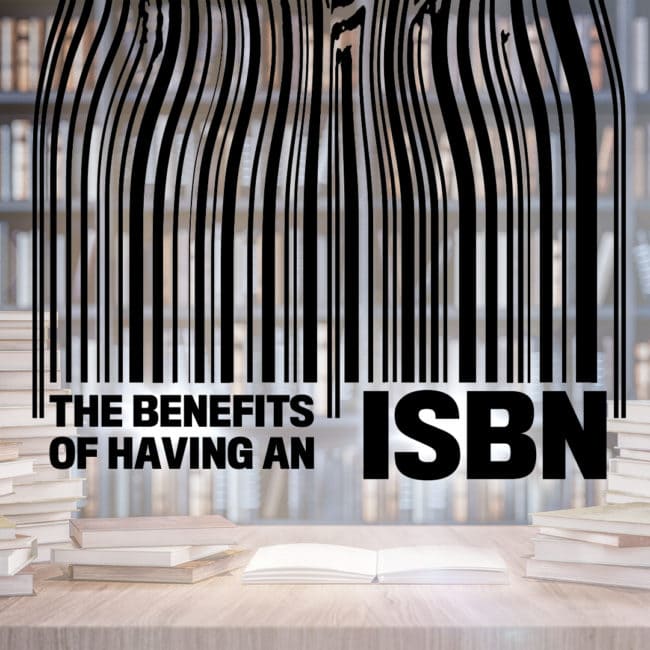BISAC Categories: Help your reader find your book!
- BUSINESS & ECONOMICS / Nonprofit Organizations & Charities / General
- BUSINESS & ECONOMICS / Nonprofit Organizations & Charities / Finance & Accounting
- BUSINESS & ECONOMICS / Nonprofit Organizations & Charities / Fundraising & Grants
- BUSINESS & ECONOMICS / Nonprofit Organizations & Charities / Management & Leadership
- BUSINESS & ECONOMICS / Nonprofit Organizations & Charities / Marketing & Communications
Pro Tip: Did you know that BISAC categories are different than Amazon Categories?
When you make your category choices in KDP, those are BISAC categories and Amazon uses those to decide which Amazon category to put your book in. In this initial set up you can only choose two categories, however you can easily request that Amazon increase the number of categories that they place you in by simply contacting them through your Author Central account.
Want more tips like this? Subscribe to my monthly book design newsletter.
Help for Independent Presses
Book Design & Production
Have you written a nonfiction or fiction manuscript? After it has been professionally edited, I can design the interior pages and cover, plus guide you through the maze of book publishing and printing. To get started, contact me to discuss your project and my helpful guide for authors.


